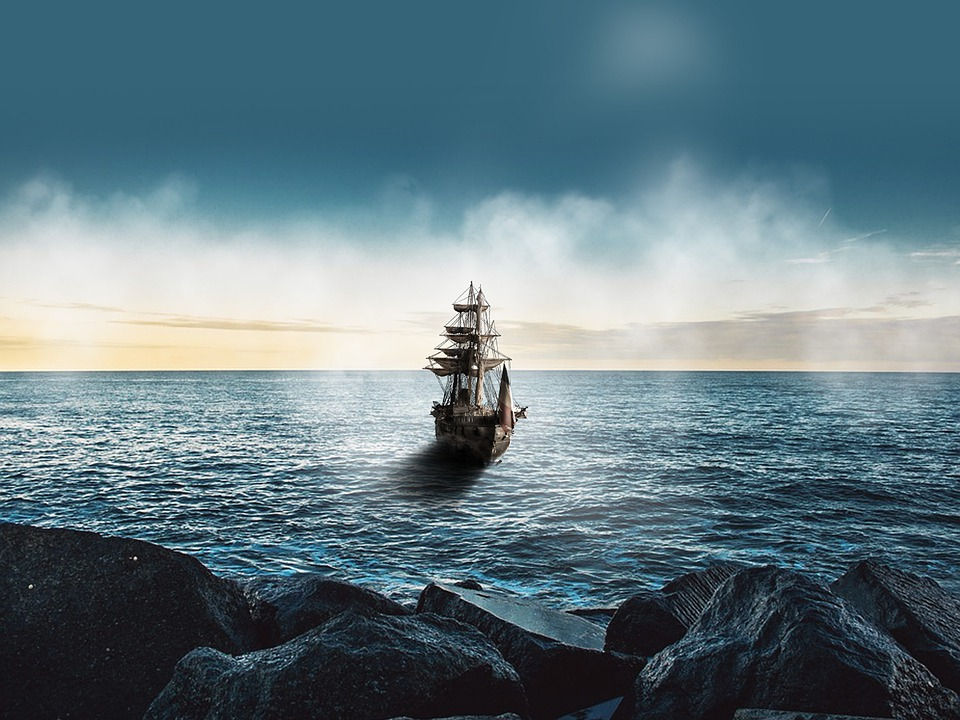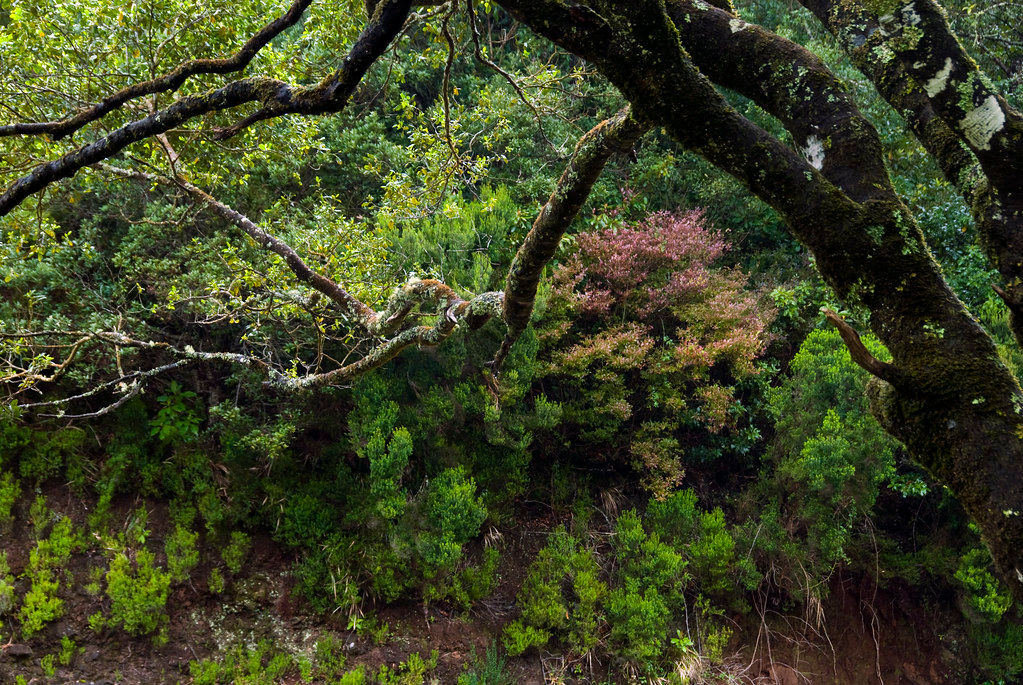-4000 BC: last eruptions on the volcanic island.
Who discovered Madeira?
Between the 9th and 11th century: Vikings would have stopped over on the island, a theory based on the arrival of rodents in the same period.
Around 1420:
The great discoveries are driven by the "Order of Christ" (Real Ordem de Nosso Senhor Jesus Cristo), a religious military order founded in 1319. Henry the Navigator, Prince of Portugal, was its governor from 1420 onwards, and launched several explorations in West Africa for several reasons: economic, religious and political. These explorations were made possible by the construction of caravels.

The Madeira archipelago was thus discovered quickly following this exploration campaign: first the small island of Porto Santo was discovered by 3 Portuguese explorers: Ristão Vaz Teixeira, Bartolomeu Perestrelo and João Gonçalves Zarco. They then discovered its big sister, which they called "Madeira", which translates into French as "wood", the forest being particularly abundant, as you can imagine. The flag of Madeira has a direct historical reference with the Order of Christ: the red cross in the centre of the flag is its emblem.
Madeira was discovered by Portuguese explorers under the mission of the Order of Christ.
The colonisation of the island :
1430: The island is wild. In order to settle, it was necessary to clear the forest. To do this, the colonists decided to burn the forest: a serious mistake, the island was ravaged by fire for years. Only a part of the laurisilva forest has been preserved, in the north-west of the island, i.e. about 20% of its initial surface.

1478: Christopher Columbus lands in Madeira for trade at the age of 27, he ends up marrying the daughter of the governor of Porto Santo. 14 years later, he discovered the Americas.
The first levadas were built during this period of Madeira's colonisation, a job done by slaves or prisoners to bring the precious water to the edge of the crops.
Piracy:
Between about 1520 and 1750: Piracy is an important part of the history of the Madeira archipelago, though a little less than the Canary Islands, as it is more isolated from the sea routes. Some old fortresses remain from a period that lasted between the 16th and 18th centuries. To avoid looting, the inhabitants used an alarm system with torches that allowed the Madeirans to flee before the pirates arrived.
Around 1700: Madeira wine was discovered "by chance" thanks to the commercial alliance between Portugal and England with the import of wine. When transported in the holds of ships to the British Isles, the wine was mixed with sugar cane for preservation. With the high temperature of the holds and the swirling of the ocean, the wine was stirred and thus gave Madeira.

"Pour éviter les pillages, les habitants utilisaient un système d'alarme à l'aide de torches qui permettaient aux madériens de s'enfuir avant l'arrivée des pirates."
Non, le système d'alarme alertait la garnison et les habitants qui se déployaient pour se battre, pas à s'enfuir, telle les système d'alarme de Corse face aux ott*mans
Les fantasmes.....
Bonjour et merci pour votre message. J'ai corrigé l'article pour un terme plus générique, je n'ai pas de sources suffisantes à ce sujet. Cordialement,